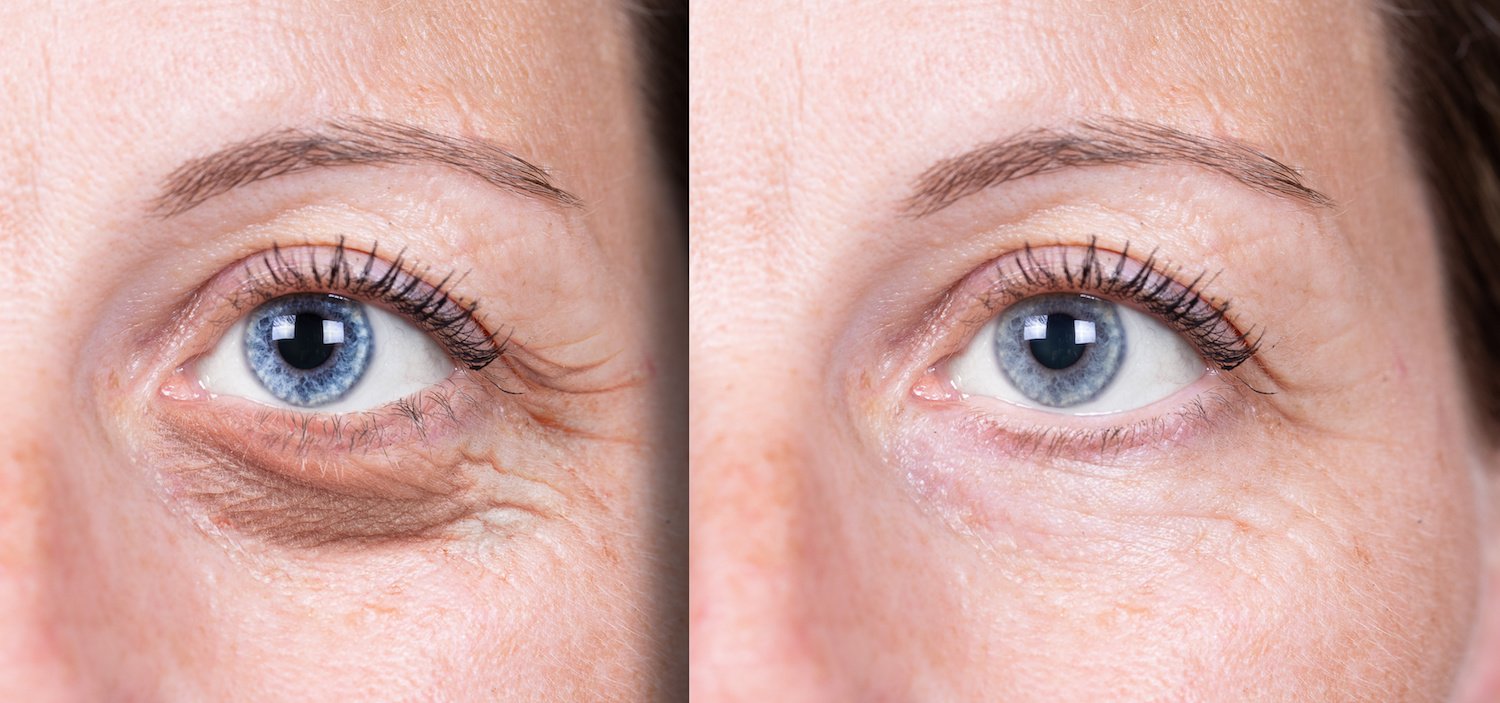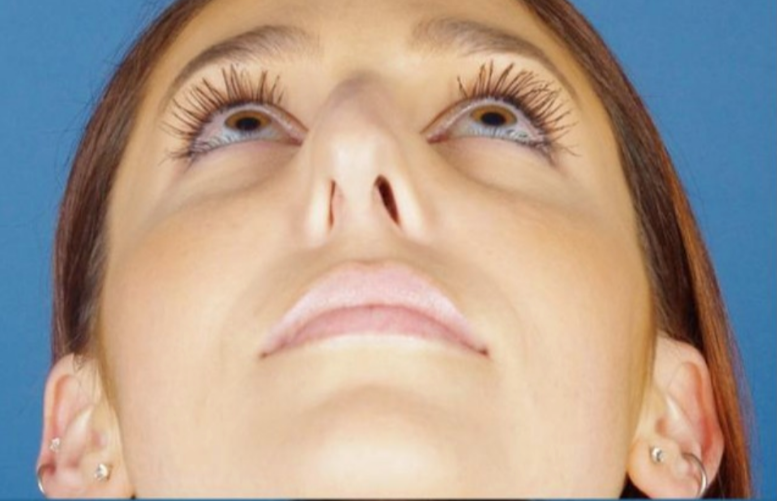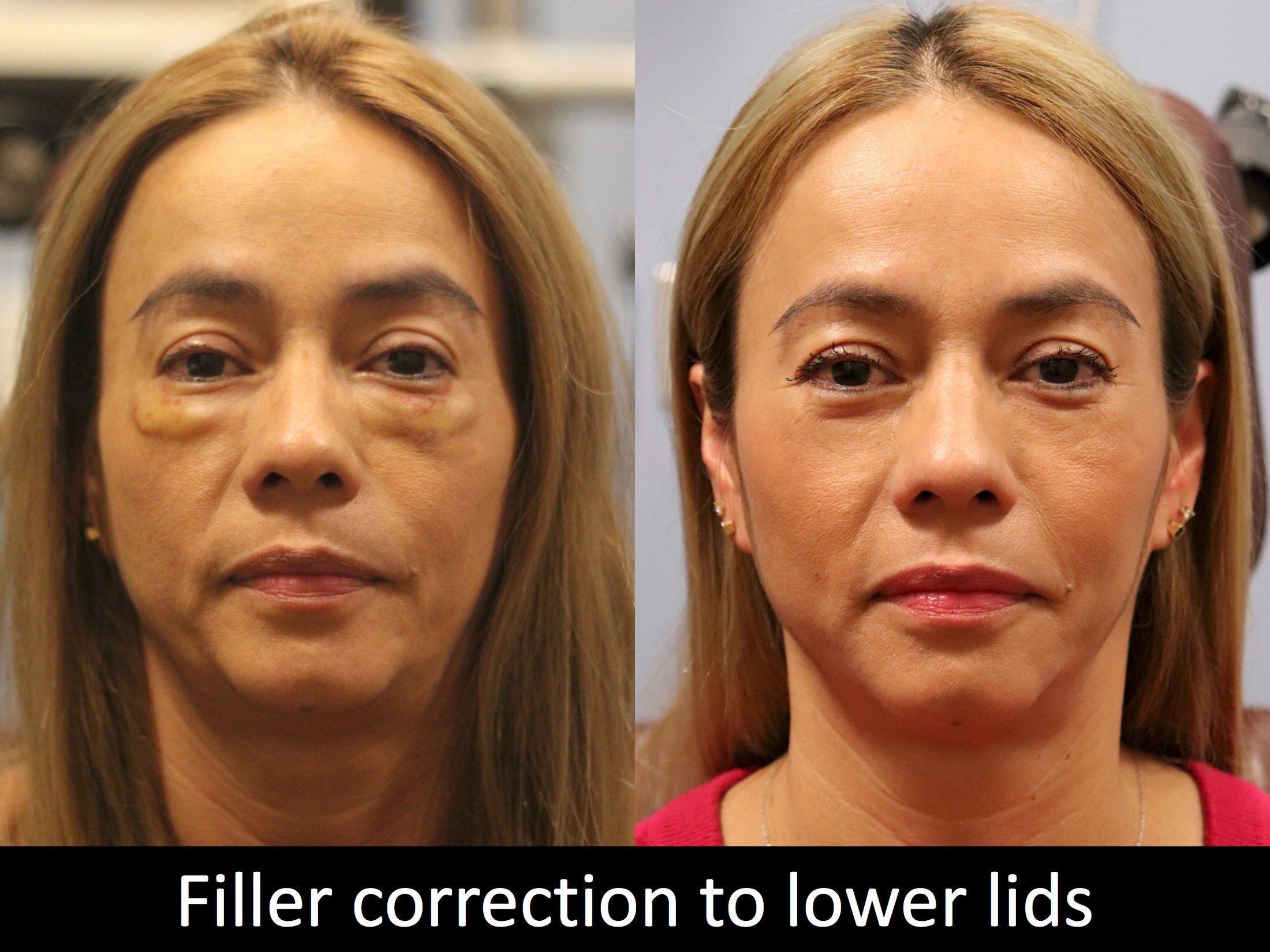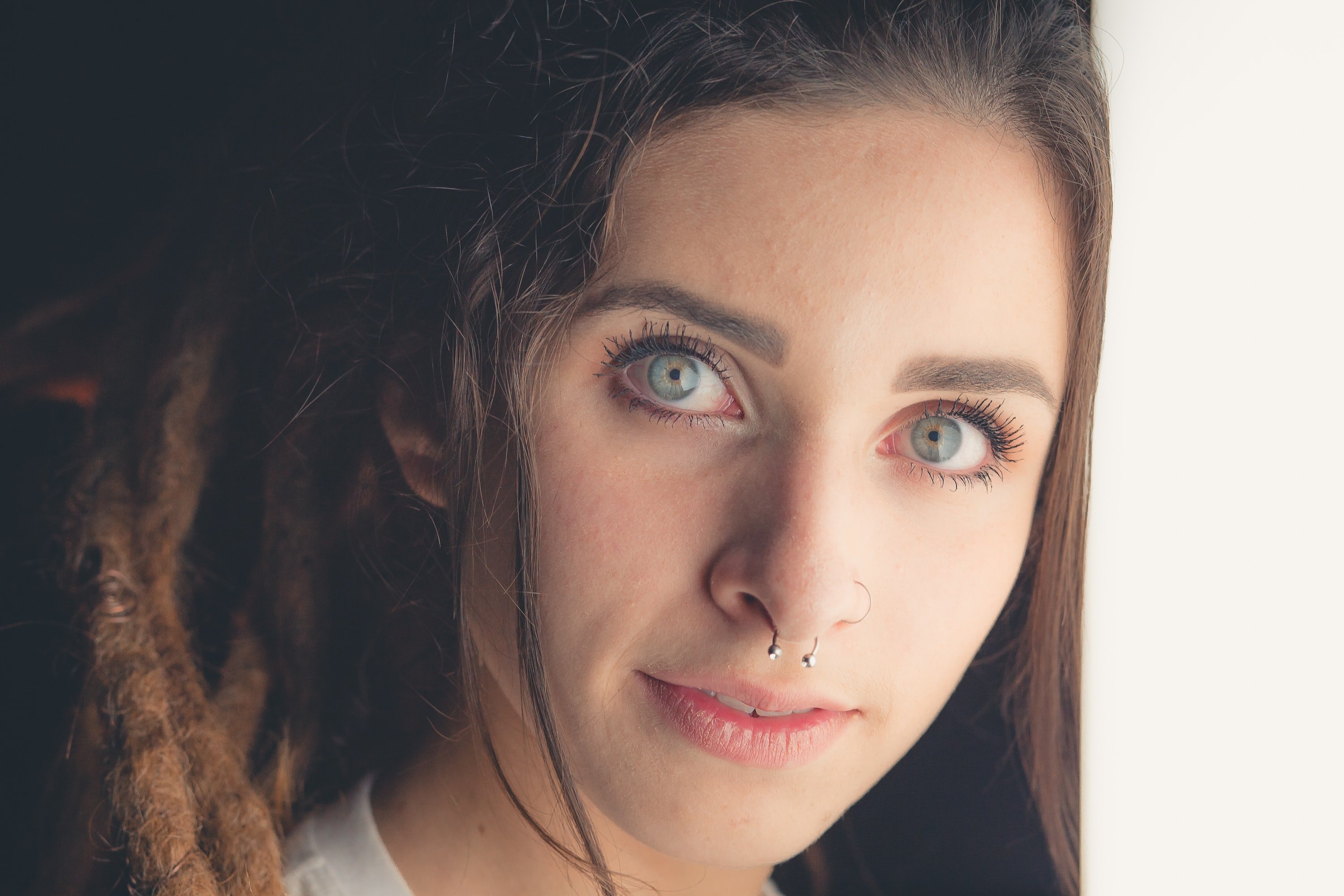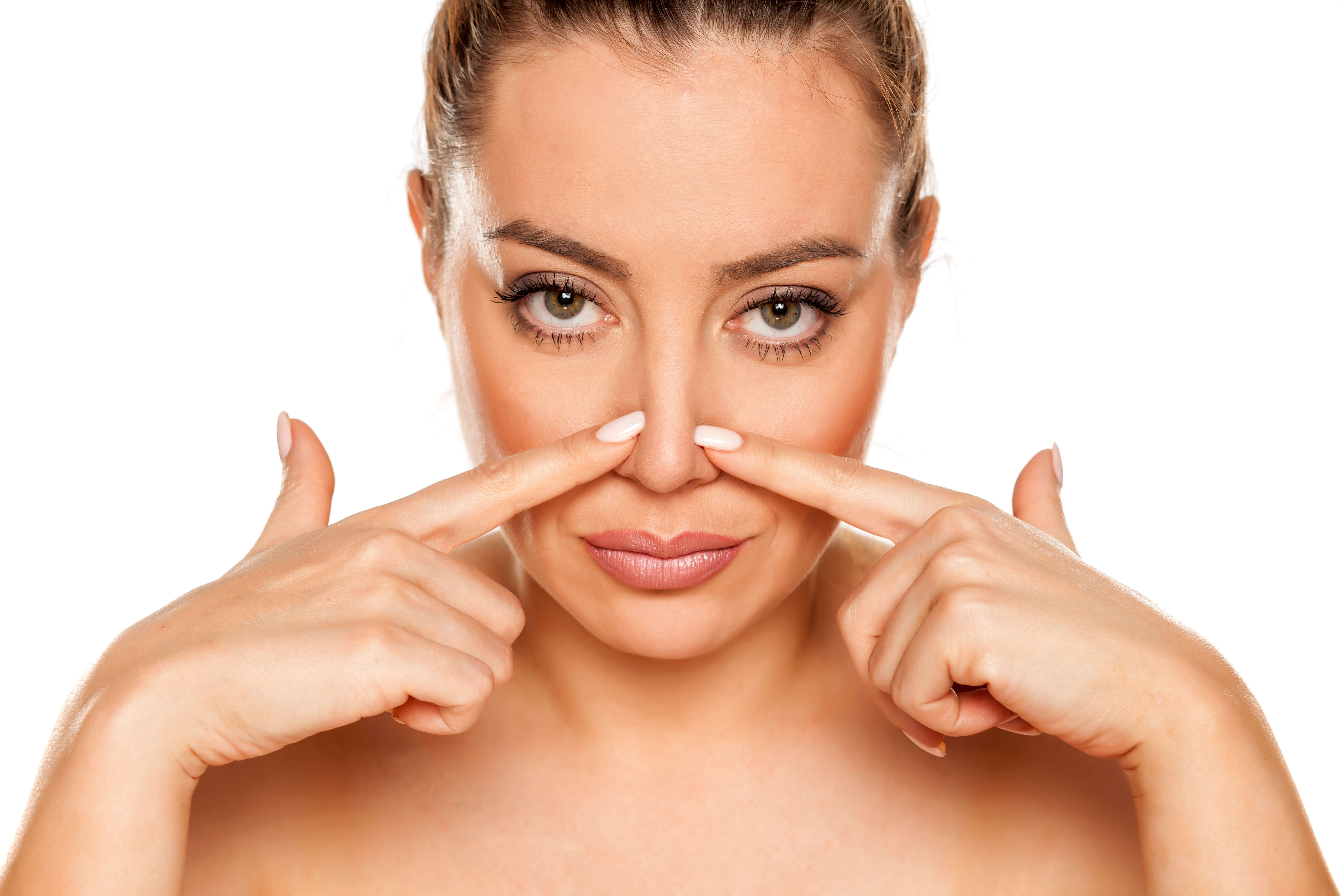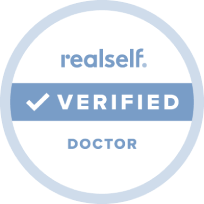Sunshine, though lovely as it is, is the #1 beauty burglar. Most people are aware that sun exposure can cause damage to our skin since it usually only takes one bar sunburn to learn. What you may not know is that the sun is responsible for as much as 90% of skin aging. Even with a great skincare routine, over-exposure to the sun can cause premature skin aging and, much more seriously, it can cause skin cancer. How does that happen?
What is Photoaging?
As we grow older, the appearance and texture of our skin changes gradually. Repeated exposure to ultraviolet radiation quickens that process, sometimes dramatically. It can permanently damage the surface and underlying skin layers. The sun is the most common source of UV radiation, so we usually see the signs where the most exposure occurs - on our face, lips, neck, and the backs of our hands. But photoaging can affect any part of the body exposed to UV light.
There are two types of ultraviolet radiation
- UVB rays penetrate and damage the outer layer of your skin and over time that damage becomes visible. UVB rays can cause pre-cancers and skin cancers.
- UVA rays penetrate deeper, so they can also damage the elastin and collagen that normally keep your skin supple. Sometimes blood vessels are also damaged.
How much and how quickly UV radiation affects you depends on your skin type. Typically, light-skinned individuals who burn easily are at greatest risk, as are people who spend a lot of time outdoors. Even dark skin can become damaged, although the surface signs may be less visible. And don’t be fooled by the word “aging” – photoaging may become visible as early as your teens or twenties.
Sunscreen is your best friend
The good new is, photoaging is preventable. All you have to do is protect exposed skin from the sun. You can do that in several ways, but using sunscreen is the most effective. Here are some sunscreen tips:
- Apply sunscreen every time you go outside, even on cloudy days.
- Use a broad spectrum product that protects against both UVA and UVB radiation.
- Choose at least SPF 30, but be aware that very high SPF products (such as SPF 50) have not been shown to be any more effective.
- If you will be swimming or sweating, choose a water-resistant (not waterproof) product.
- Apply sunscreen liberally – experts recommend using about 1 oz. (about 2 tablespoons) for each application.
- Apply sunscreen about 20 minutes before you go outside.
- Re-apply sun screen every two hours.
- Use SPF 30 lip balm, too.
- Those who wear makeup should choose cosmetics that incorporate SPF 30 broad spectrum sunscreen.
- Covering up helps, too -- a wide-brimmed hat, long-sleeved shirt and long pants. Choose tightly-woven fabrics.
Already Seeing the Signs of Photoaging?
Today, we not only know more about what causes skin damage, we also have more ways to treat it. Popular non-surgical procedures that help erase or reduce fine lines and wrinkles include:
- Botox or similar injections
- Dermal fillers
- Laser treatments
- Chemical peels
- Dermabrasion
Many of these treatments can also reduce the appearance of age spots, which are caused by pigment changes from sun exposure.
Skin Care Products for Sun-Damaged Skin
- Alpha Hydroxy Acid, Glycolic Acid and Vitamin A creams or serums increase exfoliation, allowing faster skin renewal. They also help repair damaged collagen.
- Vitamins C and E are antioxidants that help repair skin damage.
- Hydroquinone helps lighten age spots.
Should You See a Dermatologist or a Plastic Surgeon?
Dermatologists are trained to diagnose and treat all types of skin conditions, and many offer non-invasive procedures to help reduce the visible signs of photoaging. Plastic and cosmetic surgeons can offer a comprehensive range of treatment options, from non-invasive and minimally invasive techniques to surgery. Before you choose any medical provider, you should consult with them personally to be sure you feel confident and comfortable.
Want to learn more about our in-office procedures that can help reduce the impact and visibility of photoaging? Click the button below.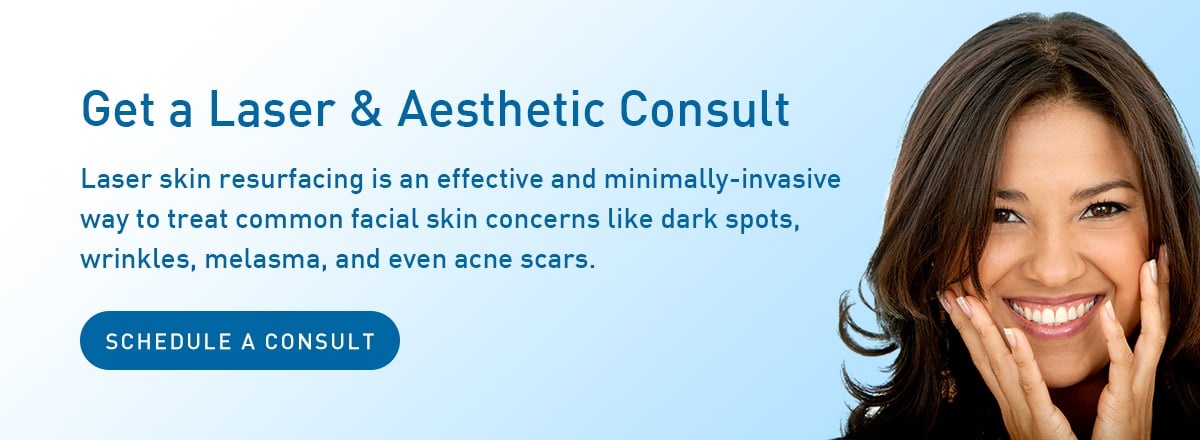
- Acne
- Botox/Dermal Fillers
- Browlift
- Chemical Peels
- Chin Augmentation
- Consultation
- Denver Facial Plastic Surgeon
- Deviated Septum
- Eyelid Procedures
- Facelifts/Necklifts
- Headaches/Excessive Sweating
- Healthy Living
- Laser Hair Removal
- Laser Treatments
- Latisse
- MedSpa
- Memberships
- Microdermabrasion
- Nasal Valve Collapse
- Non-Surgical Procedures
- Rhinoplasty
- Skin Care
- Thread Lifts
- Wrinkle Treatments


